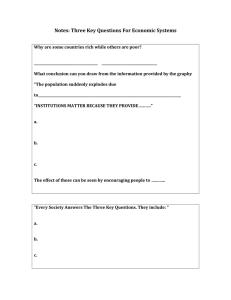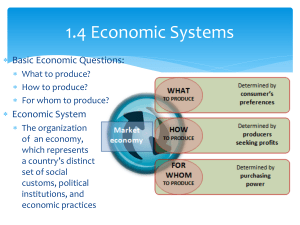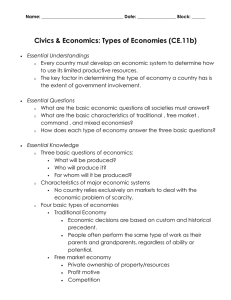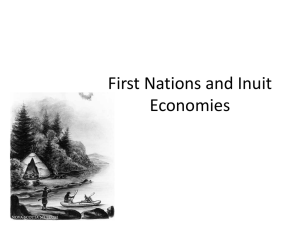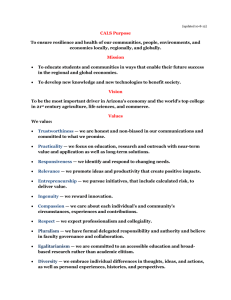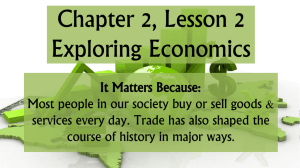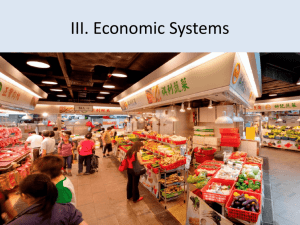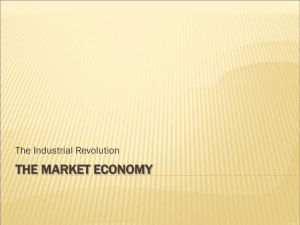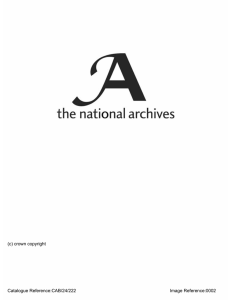Traditional Economy
advertisement
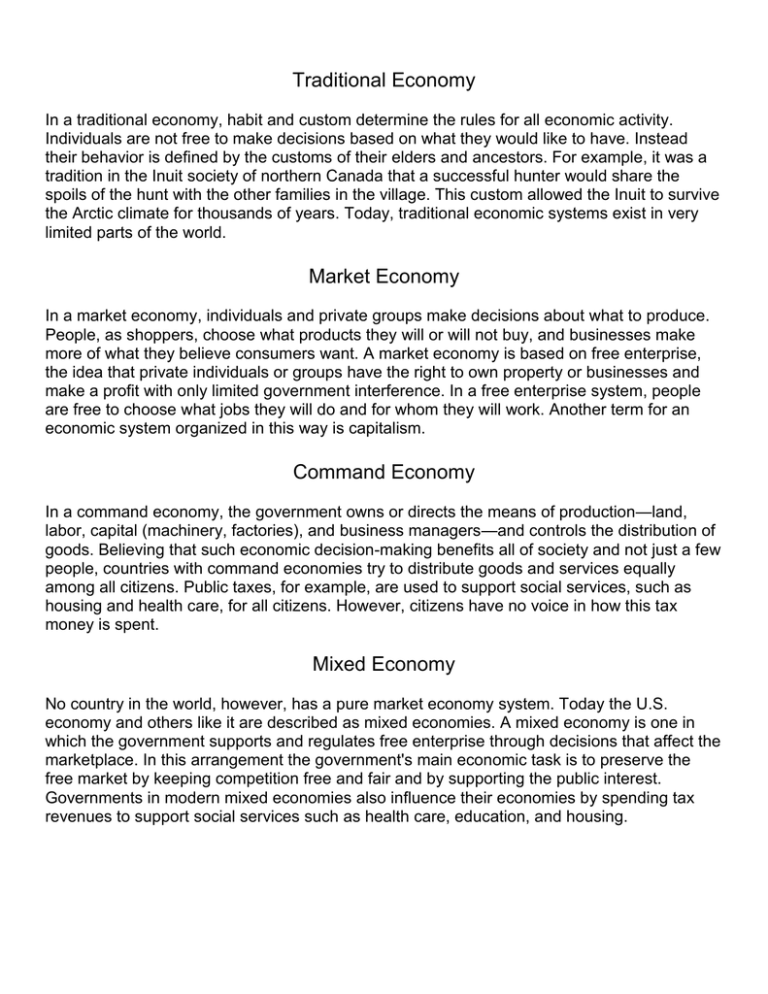
Traditional Economy In a traditional economy, habit and custom determine the rules for all economic activity. Individuals are not free to make decisions based on what they would like to have. Instead their behavior is defined by the customs of their elders and ancestors. For example, it was a tradition in the Inuit society of northern Canada that a successful hunter would share the spoils of the hunt with the other families in the village. This custom allowed the Inuit to survive the Arctic climate for thousands of years. Today, traditional economic systems exist in very limited parts of the world. Market Economy In a market economy, individuals and private groups make decisions about what to produce. People, as shoppers, choose what products they will or will not buy, and businesses make more of what they believe consumers want. A market economy is based on free enterprise, the idea that private individuals or groups have the right to own property or businesses and make a profit with only limited government interference. In a free enterprise system, people are free to choose what jobs they will do and for whom they will work. Another term for an economic system organized in this way is capitalism. Command Economy In a command economy, the government owns or directs the means of production—land, labor, capital (machinery, factories), and business managers—and controls the distribution of goods. Believing that such economic decision-making benefits all of society and not just a few people, countries with command economies try to distribute goods and services equally among all citizens. Public taxes, for example, are used to support social services, such as housing and health care, for all citizens. However, citizens have no voice in how this tax money is spent. Mixed Economy No country in the world, however, has a pure market economy system. Today the U.S. economy and others like it are described as mixed economies. A mixed economy is one in which the government supports and regulates free enterprise through decisions that affect the marketplace. In this arrangement the government's main economic task is to preserve the free market by keeping competition free and fair and by supporting the public interest. Governments in modern mixed economies also influence their economies by spending tax revenues to support social services such as health care, education, and housing.
